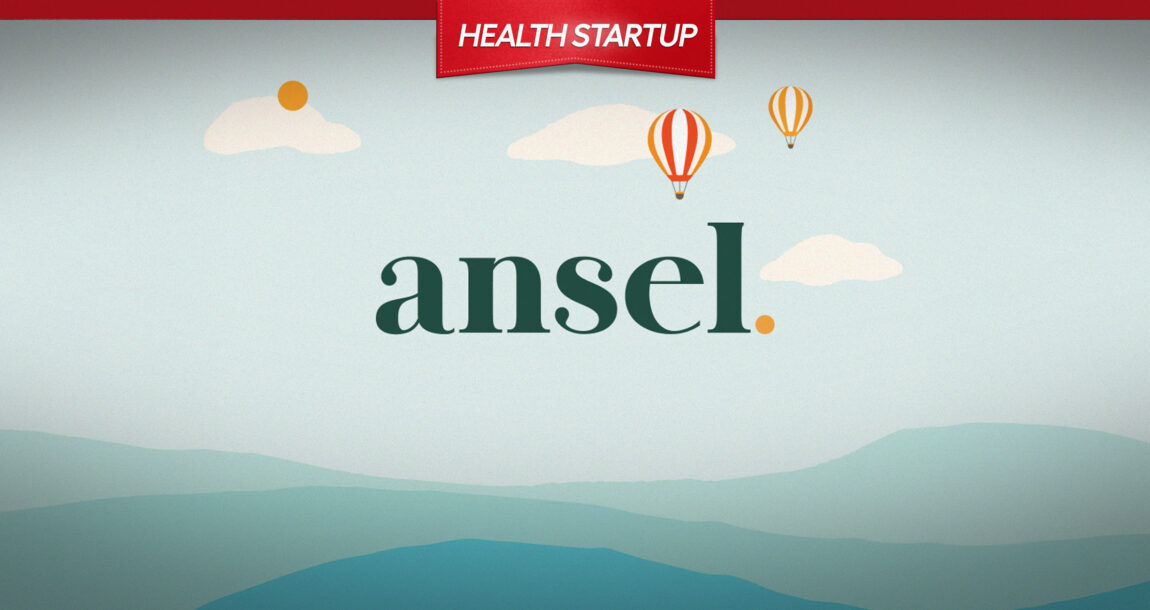Supplemental health startup breaks new ground with wide coverage, quick cash payouts

A common refrain from almost anyone who has interacted with the nation’s healthcare and insurance system is: “There has to be a better way.” Startup Ansel Health has seemingly carved a niche in the supplemental health insurance space to provide a better way.
Firms with names like Oscar, Gravie, levelhealth, Surify, and Breeze, are all in the business of making health care and health insurance easier and less costly. Using new technology and techniques, they focus on varying niche areas of the healthcare market – there’s even a company that tracks teeth brushing habits through a WiFi connected toothbrush to tailor dental insurance discounts.
Most existing supplemental insurers, particularly well-known ones like Aflac or Colonial Life, focus on traditional coverage areas such as critical illness, accident, cancer, or hospital indemnity insurance. They typically pay lump-sum benefits to policyholders to help cover out-of-pocket costs for expenses related to major healthcare events.
More than 13,000 conditions covered
Ansel Health’s model is broader than traditional supplemental products. Instead of focusing only on catastrophic events, Ansel covers more than 13,000 conditions, ranging from minor medical issues to serious diseases, and makes cash payouts upon diagnosis, not treatment. This granular condition-based coverage is not something most supplemental insurers offer.
In a nutshell, Ansel offers insurance for the sometimes huge deductible of most mainstream health insurers that can total thousands of dollars before the coverage kicks in. But it’s more than that.
Veer Gidwaney, Ansel’s founder and CEO, says his company is attacking the huge issue of medical care debt incurred by more than a hundred million consumers.
Ansel CEO: 'The problem has changed'
“The incumbents are selling products that have lost the ability to solve this problem,” he says. “It's primarily because the problem has changed. When Aflac first entered the supplemental insurance [area], deductibles on health plans were much lower. Overall costs around care were not what they are today. But those dynamics have shifted and yet their products have not.”
Gidwaney points out that 56% of Americans say they would have to borrow money to pay an unexpected $1,000 healthcare bill. Yet the average health insurance deductible is $1,644.
“For most people, it would make sense to have this kind of policy,” he says. “Because if you have an unforeseen event, you're going to have to dip in the savings that you either, A, don't have, or B, need for something else that's really important.”
Gidwaney says most of Ansel’s claims are paid “proactively,” often before the policyholder has filed anything because the product is automatically tied to the main insurer’s claims data and diagnostic codes.
Cash can be used 'any way you want'
“All that matters is that you have the diagnosis; we're not reimbursing your treatment,” he says. “We're paying you cash and you can use it in any way you want. So, the user does nothing. In fact, more often than not, they're pretty shocked that we sent them a Venmo for $500. They typically aren't expecting anything.”
Gidwaney says the average cost of Ansel coverage is about $30 per month.
Employers have the flexibility to customize benefits for Moderate, Severe, and Catastrophic conditions, allowing employees to choose payout amounts that suit their needs and budget. The company offers a paperless process from quote to claim, online administration tools, and enrollment options. Employees can file claims through a mobile app or online portal, with benefits paid via Venmo, Paypal, or bank transfer.
“About 22 out of 100 people we cover receive a claim in a given year,” Gidwaney said. “If you look at the competing products from Aflac and others, it's around one to five people getting a claim in a given year. That's just a function of covering more areas.”
Based in Delaware, Ansel was founded in 2019 as Brella Insurance and has raised more than $50 million in funding, including a $20 million round in early last year. In January, Ansel signed up its first three Fortune 500 companies and does business with all the top healthcare brokerages in the country.
“Our mission is really simple,” Gidwaney said. “When you have something unforeseen happen, we put cash in your pocket.”
© Entire contents copyright 2025 by InsuranceNewsNet.com Inc. All rights reserved. No part of this article may be reprinted without the expressed written consent from InsuranceNewsNet.com.
Doug Bailey is a journalist and freelance writer who lives outside of Boston. He can be reached at [email protected].






Goldman Sachs survey identifies top threats to insurer investments
As number of wildfires explode, expert says mitigation is possible
Advisor News
- Principal builds momentum for 2026 after a strong Q4
- Planning for a retirement that could last to age 100
- Tax filing season is a good time to open a Trump Account
- Why aligning wealth and protection strategies will define 2026 planning
- Finseca and IAQFP announce merger
More Advisor NewsAnnuity News
- Half of retirees fear running out of money, MetLife finds
- Planning for a retirement that could last to age 100
- Annuity check fraud: What advisors should tell clients
- Allianz Life Launches Fixed Index Annuity Content on Interactive Tool
- Great-West Life & Annuity Insurance Company Trademark Application for “SMART WEIGHTING” Filed: Great-West Life & Annuity Insurance Company
More Annuity NewsHealth/Employee Benefits News
- CVS Health CEO David Joyner fires back at AOC’s monopoly criticism
- When UCare shuts down, there might $84M left
- Arizona faces lawsuit over Medicaid cuts to therapy for autism kids
- When health insurance costs more than the mortgage
- HHS NOTICE OF BENEFIT AND PAYMENT PARAMETERS FOR 2027 PROPOSED RULE
More Health/Employee Benefits NewsLife Insurance News